Just for a twist, I'd prefer to use this regex:
((0[1-9]|1[0-9]|2[0-9]|3[0-1])(JAN|FEB|MAR|APR|MAY|JUN|JUL|AUG|SEP|OCT|NOV|DEC)([0-9][0-9][0-9][1-9]))
Which will filter out strings like 00FOO or 99DEX and that sort of thing for the day and month. Also will reject if the year is 0000.
There are 3 capturing groups so the day, month and year can be pulled out with SubMatches(i).
The max date is found by using the WorksheetFunction.Max function on an array populated with the matches themselves - so no manipulation of worksheet data is done to get the answer:
Option Explicit
Sub Test()
MsgBox ExtractMaxDate(Sheet1.Range("A1"))
End Sub
Function ExtractMaxDate(str As String) As Date
Dim objRegex As Object 'RegExp
Dim objMatches As Object 'MatchCollection
Dim varDates() As Long
Dim i As Long
Dim strMaxDate As String
Set objRegex = CreateObject("VBScript.RegExp")
With objRegex
.Global = True
.IgnoreCase = True
' will not match days > 31 or strings that are not months or year 0000
.Pattern = "((0[1-9]|1[0-9]|2[0-9]|3[0-1])(JAN|FEB|MAR|APR|MAY|JUN|JUL|AUG|SEP|OCT|NOV|DEC)([0-9][0-9][0-9][1-9]))"
End With
' run regex
Set objMatches = objRegex.Execute(str)
' any matches ?
If objMatches.Count > 0 Then
' re-dim the array to number of matches
ReDim varDates(0 To objMatches.Count - 1)
For i = 0 To objMatches.Count - 1
' get date as yyyy-mm-dd and use CDate and store in array of Long
varDates(i) = CDate(objMatches(i).SubMatches(3) & _
"-" & objMatches(i).SubMatches(2) & _
"-" & objMatches(i).SubMatches(1))
Next i
' get the max date out of the matches
strMaxDate = CDate(WorksheetFunction.Max(varDates))
Else
' no matches
strMaxDate = 0
End If
ExtractMaxDate = strMaxDate
End Function
